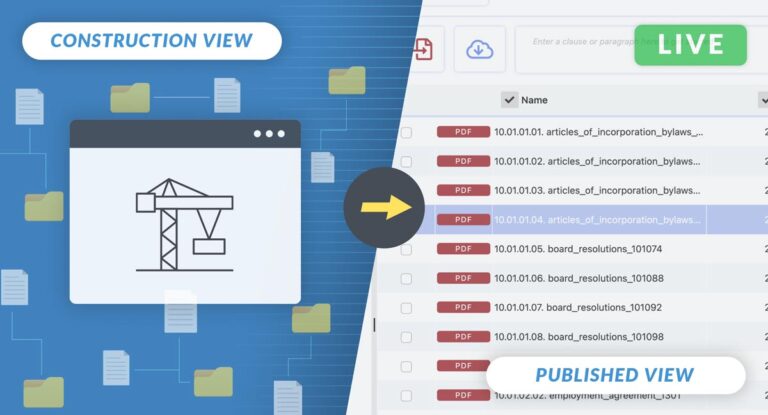The use of AI in legal sector settings is increasingly becoming the norm. While there is no cause for robots to replace human professionals just yet, innovative AI software applications are being adopted widely to improve legal services, reduce costs and increase efficiency. This post will explore how AI is being used in the legal sector to improve and streamline legal services.
AI-driven eDiscovery software
eDiscovery software was the first use of AI in law. With the huge sets of data that are commonplace in legal matters these days, eDiscovery software helps legal firms efficiently and accurately identify relevant content in documents. The benefit of this for law firms is significant cost and time savings compared with a manual approach.
Providing AI-driven legal services online
AI can be utilised to provide automated online legal services. These services manifest in self-help services such as decision tree applications and AI chatbots, providing answers to a user’s legal questions. The primary benefit of adopting AI technologies in this way is cost reduction.
Not only can these services reduce costs for law firms, but they also make legal advice affordable and accessible to all. Additional benefits are improved client relationships and efficient, streamlined services.
AI contract review and analysis services
AI contract review and analysis software can help legal professionals to draft up-to-date, consistent, and appropriate documents. There are tools available that ensure consistency, compare terms, identify potential outliers and common clauses. This makes legal contract creation and review processes extremely efficient.
This type of software is advantageous because it works by referencing large databases of precedents. Some AI contract analysis software providers now offer tailored tool kits to law firms that they can use to customise their analytics programs to their individual requirements.
Litigation strategy
There are now AI tools available that provide insights into the likely outcome of a case. These tools scan databases which incorporate every motion, filing, and ruling to analyse every decision in a particular sphere. Lawyers can input specific case factors, such as the individual judge assigned to hear the case, and the software will return likely outcomes.
The benefit of using AI technology is that it helps legal professionals better prepare and strategize. It cuts down on research time spent in this area and ensures a better service for clients.
AI-powered legal research platforms
Research platforms incorporating AI into their algorithms can rapidly respond to legal questions, along with sources and links to authoritative documents, including court decisions, for example.
AI research software providers draw on massive databases, including information relating to laws and legal matters in multiple jurisdictions. This saves legal firms time and money and ensures accurate, high-quality research.
As we have seen, AI is changing the landscape of the legal profession. While there has long been a fear that AI would detract from human jobs, the reverse is true in law. AI software applications are an asset to legal professionals, helping them reduce operational costs and improve their practice. From the client’s perspective, AI is improving legal services and reducing costs to make legal services more accessible for those on lower incomes.
Find out more about Imprima’s AI-driven software for Due Diligence:







